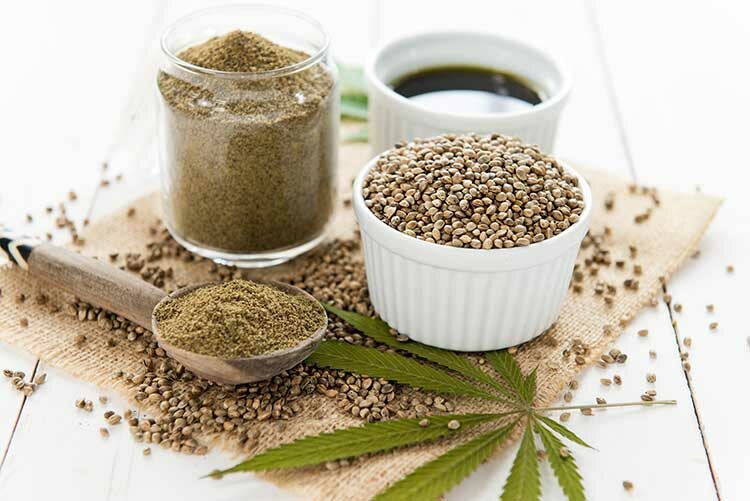
Indiana House Advances Bill Legalizing CBD

SB-52 would allow Indiana residents to use the oil as long as its THC levels were no higher than 0.3%. Hemp-derived CBD is a derivative that doesn’t get users high.
The Senate approved the bill earlier this month. The bill now heads to the governor after lawmakers work out a few differences between the two versions. If passed, it would take effect July 1, 2018.
The House has already unanimously passed two other CBD-related bills.
Indiana’s bill signals the significant growth of the hemp industry, in the U.S. and elsewhere. According toMarket Insider,as of August 2017 there were 15 states that allowed CBD only - this is in addition to the 28 states plus D.C. that have legalized medical marijuana.
And the number is only expected to increase. According to Sean Murphy, founder of the Hemp Business Journal, andreported in WholeFoods Magazine, the hemp industry will grow to $1.8 billion in sales by 2020, led by hemp food, body care and CBD-based products. Data shows that the industry is growing quickly at 22% 5-year CAGR (compound annual growth rate) and is being led by food and body care products.
Sales could reach $3 billion in the next five years. Canada has proposed changes to hemp regulations allowing for the extraction of CBD, limiting to 10 ppm the amount of psychoactive THC they can contain.
The Food and Drug Administration (FDA) is accepting comments to help formulate the United States’ position on the World Health Organization’s recommendations on certain drug substances, including cannabis extracts and cannabidiol (CBD), in preparation for a meeting of the United Nations Commission on Narcotic Drugs (Commission) to be held this month, according to thisreport.

The editorial team at WholeFoods Magazine has decades of experiences reporting on natural products industry news, trends, and more. This national, monthly business-to-business magazine has been published continuously for nearly 40 years (the magazine was founded in 1977, and has been owned by Wainer Finest Communications since 1984). It is the longest-tenured media outlet of its kind in the natural products industry. The editorial focus at WholeFoods Magazine is, and always has been, on informing and educating members of the natural products industry.
The Magazine
Information
About Us
NOTE: WholeFoods Magazine is a business-to-business publication. Information on this site should not be considered medical advice or a way to diagnose or treat any disease or illness. Always seek the advice of a medical professional before making lifestyle changes, including taking a dietary supplement. The opinions expressed by contributors and experts quoted in articles are not necessarily those of the publisher or editors of WholeFoods.







